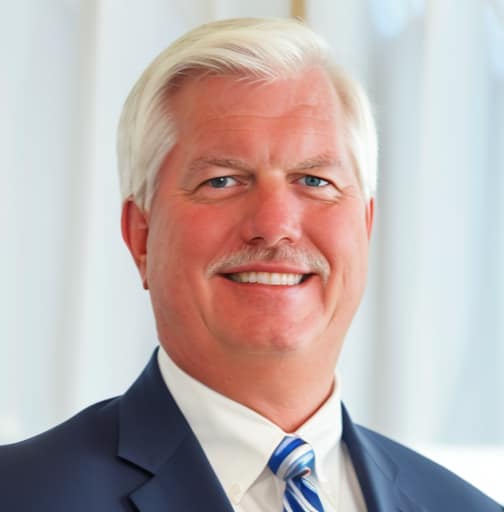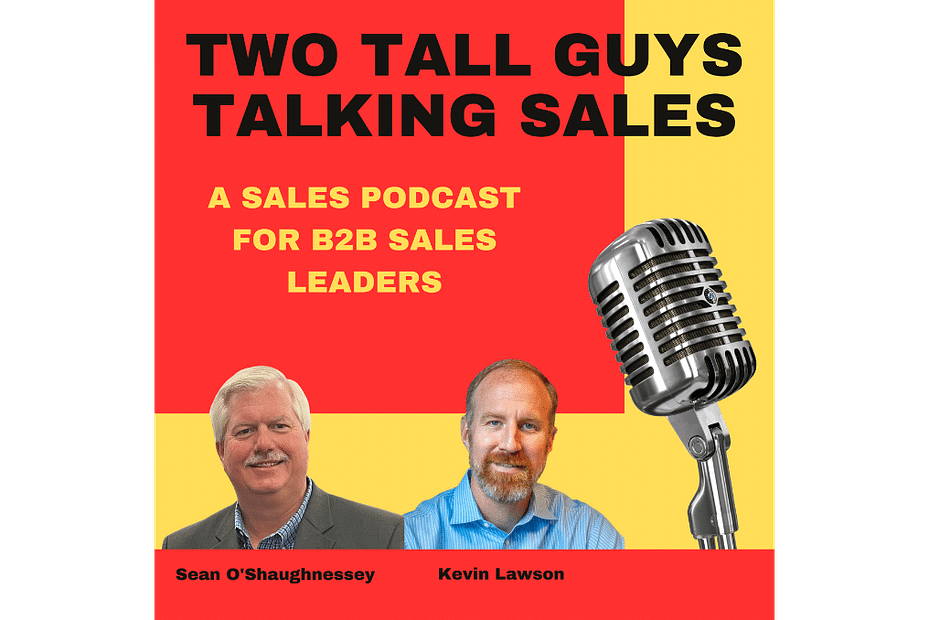The concept of leads is familiar to sales and marketing novices and experts. However, leads are not created equal. There are Marketing Qualified Leads (MQL) and Sales Qualified Leads (SQL). The differences between these two types of leads and the approach to handling them can significantly impact the efficiency and success of your sales pipeline.
The journey of a lead typically begins with the marketing team. They craft messages and campaigns to attract potential customers, drawing them towards the company. These potential customers or leads are known as Marketing Qualified Leads (MQLs). MQLs are individuals who have shown interest in the company’s product or service but have yet to be vetted for sales-readiness. They may have responded positively to the company’s marketing efforts by downloading a case study, signing up for a newsletter, following the company on social media, or a wide variety of other criteria that can be unique to each selling organization.
Unfortunately, just because a lead has shown interest does not mean they are ready to make a purchase. This is where the sales team comes in. Their role is to qualify these leads further, turning them into Sales Qualified Leads (SQLs). SQLs are leads the sales team has determined are ready for direct sales engagement. They have been vetted and have shown a clear interest and willingness to hear about the company’s offering from a sales perspective.
While marketing messages are designed to attract and engage a broad audience, the sales approach is more personal and more targeted. Sales focuses on building a relationship with the individual, understanding their unique needs, and demonstrating how the product or service can meet those needs.
Miscommunication or differing expectations can result in leads being passed along that are not truly sales-ready. This can waste time and resources and even damage potential customer relationships. It’s important for sales and marketing to work together, communicate effectively, and have a clear understanding of what constitutes a qualified lead.
One way to navigate this challenge is to establish clear criteria for MQLs and SQLs. What actions or behaviors indicate that a lead is ready to move from marketing to sales? This might include downloading certain resources, attending webinars, or requesting a product demo. By defining these criteria, both teams can ensure they’re on the same page and that leads are passed along at the appropriate time.
Salespeople should also understand how a lead became an MQL. What attracted them to the company? What information have they consumed? This understanding can inform the sales approach and help the salesperson build a relationship with the lead.
Communication between sales and marketing doesn’t end when a lead becomes an SQL. Salespeople should provide feedback to their marketing colleagues about the leads they’re receiving. If certain leads aren’t panning out, it’s important to communicate this so that marketing can adjust their strategies accordingly. Similarly, marketing should be open to feedback and willing to collaborate with sales to refine their lead qualification process.
In the end, marketing and sales have the same goal: to generate revenue for the company. By working together to manage and qualify leads effectively, they can ensure they’re both working towards this common goal.
With clear communication, collaboration, and a shared understanding of what makes a lead sales-ready, marketing and sales can streamline the sales pipeline and drive success.
Read the rest of the article… 




